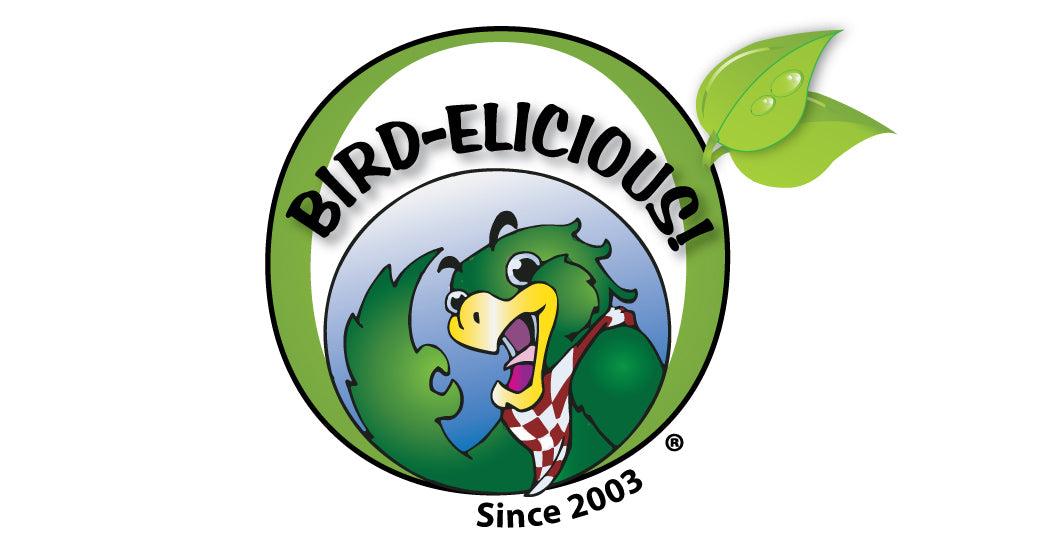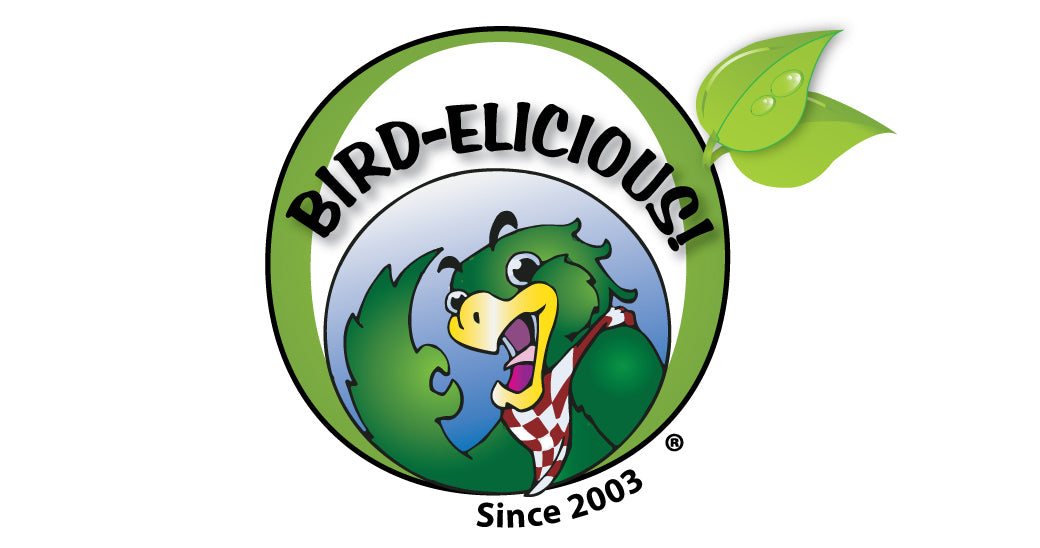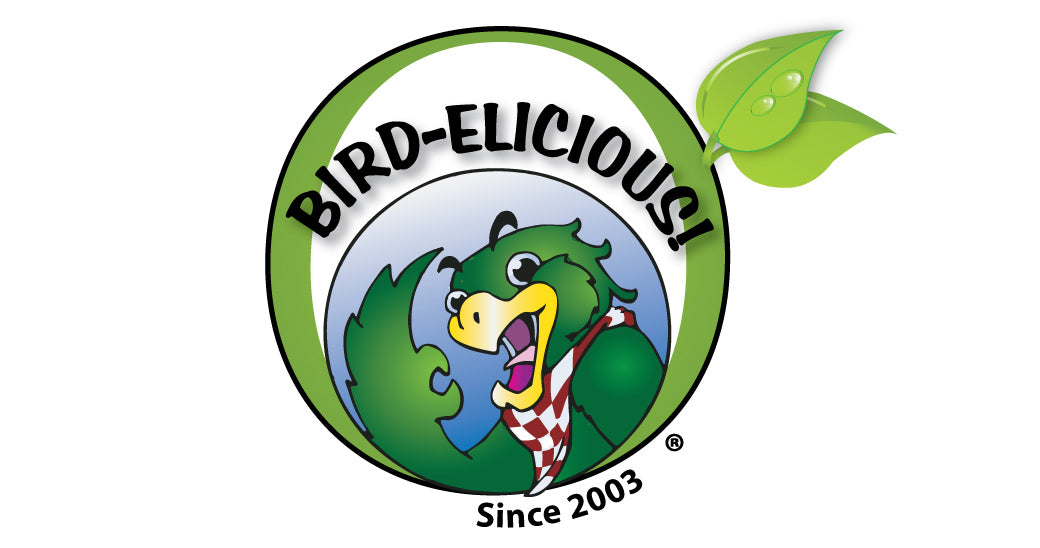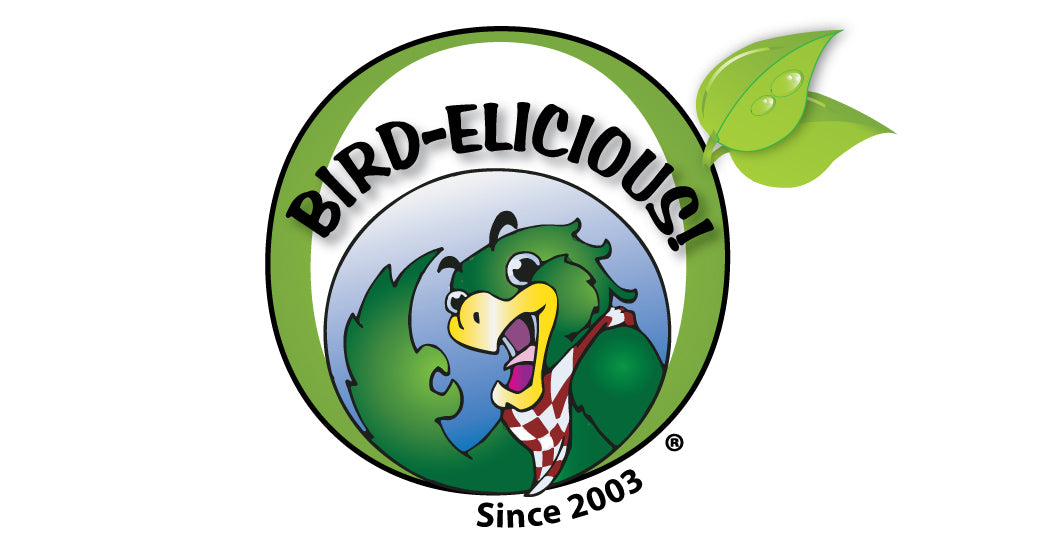Yes, I have been using meal worms (Tenebrio molitor) as a reliable protein source in 2001 and I am still touting their wonderful benefits. I’m happy so many fellow bird lovers are catching on! :-)
In addition to supplying reliable protein, meal worms are also a great source of B vitamins, magnesium and zinc. In addition they are very balanced in the amino acids Lysine to Arginine with just enough Methionine making them a “complete” protein as far as the three main proteins parrots need in order to complete their protein profile. Meal worms are also very good as a liver detox agent due to the fact they are exceptionally high in choline a powerful liver antioxidant. Meal worms are exceptionally high in Oleic acid (Omega 9) which is extremely important for brain health and also to protect the myelin sheath that covers the nerves aiding to protect the nerves from damage.
Regardless if you feed live or dried meal worms to your bird they manage to maintain their nutritional value. *See references below.
African Greys do not produce the digestive enzyme “chitinase” in order to properly digest the chitin exoskeleton of meal worms and other insects. Therefore it is advisable to limit the amount of meal worms you feed to African Greys. African Greys can still consume meal worms, but on a limited basis, about half the amount you would feed other parrots. I feed about 1- 2 tablespoons of ground/powdered meal worms to a bird weighing 425-525 grams per day without any problems. I would feed about half that amount to an African Grey. If your African Grey begins to excrete very loose droppings once you begin feeding meal worms you will know that you have exceeded the amount of meal worms you should be feeding your bird; simply reduce gradually until your bird’s droppings returns to a more solid consistency.
Meal worms are similar to one of the types of larvae our birds would probably feast upon in large amounts in the wild making them a wonderful food source for our companion birds! Actually better than eggs or bee pollen because many birds are sensitive to eggs and bee pollen especially if you have a bird who engages in feather destruction; eggs can trigger feather destruction in some birds. It is the same with bee pollen; bee pollen is extremely high in salicylates and histamines and will trigger feather destruction in birds who are feather destroying birds.
Think about this with logical, common sense; wild exotic birds probably consume a lot more insects and grubs in the wild than we would ever imagine. With all of the plant matter and constantly emerging newly budding plants in the forests there is a lot of pollen as well as decaying matter around to attract plenty of “bugs” for birds to eat! In reality birds probably consume way more “animal protein” in the form of insects and grubs than we allow for in their captive diets. Again, while they are classified as herbivores, let’s not forget the omnivore side of our birds and their dietary requirement for both heme iron from animal sources, B12 and animal protein.
You can read more information like this in my avian nutrition book “You Can’t Take the Rainforest Out of the Bird” available here:
http://www.thebestbirdfood.com/#!avian-nutrition-book-by-machelle-pacion/cpjl
(Ref: http://www.scribd.com/doc/97929278/Complete-Nutrient-Composition-of-Insects;http://www.researchgate.net/publication/236599945_Purine_derivate_content_and_amino_acid_profile_in_larval_stages_of_three_edible_insects; http://nagonline.net/wp-content/uploads/2014/01/NAG-FS003-97-Insects-JONI-FEB-24-2002-MODIFIED.pdf)
©12.11.2015 Machelle Pacion Passion Tree House LLC All Rights Reserved




Leave a comment (all fields required)